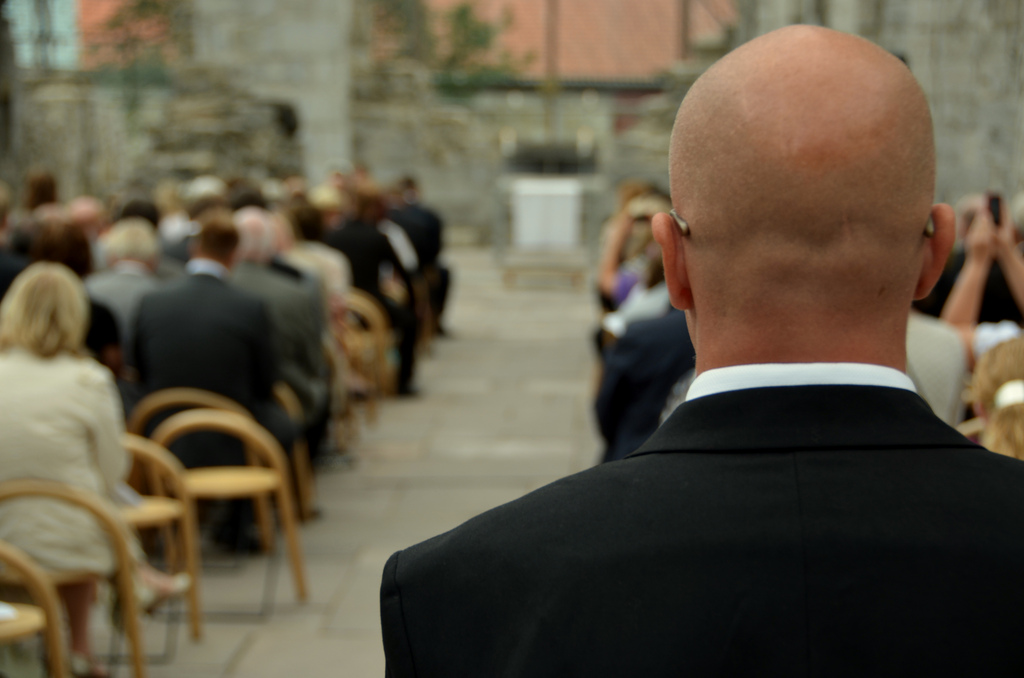Providing security during one of the most contentious presidential races in modern history has presented some unique challenges. Protesters rushed the stages at Clinton, Trump and Sanders’ rallies this year, creating the need for increased vigilance on the part of their respective security details. And with election day just weeks away, the excitement –and threats, continue to rise.
Who Protects Presidential Candidates?
Despite its humble beginnings after the Civil War as small, anti-counterfeiting agency, the U.S. Secret Service has become synonymous with security, notably for the protection of the president, vice presidents, their families, and foreign heads of state. The first president to receive a Secret Service detail (albeit part-time) was Grover Cleveland in 1894. It wasn’t until 1901 when President McKinley was shot at a reception in Buffalo, NY that Congress mandated full-time Secret Service protection for U.S. presidents.
But did you know that the Secret Service is in charge of protecting presidential and vice presidential candidates as well? This practice began after a congressional request in the wake of the assassination of Robert Kennedy in 1968, who at the time was seeking the Democratic nomination. Prior to that, there was no government-provided protection for candidates.
The Secret Service is authorized by the Secretary of the Department of Homeland Security to provide protection for candidates that meet the following criteria:
- Are publicly announced
- Have some degree of prominence as shown by opinion polls
- Are actively campaigning and entered in at least 10 state primaries
- Are seeking the nomination of a qualified party
- Have qualified for matching funds in the amount of at least $100,000
- Have received contributions totaling $10 million
Official Secret Service protection begins for the candidates and their families within 120 days of general election. Although, if necessary, candidates and their families may receive protection earlier than that. Candidates can decline Secret Service protection during their campaign as well.
How Long is a Presidential Candidate Protected After the Election?
If an incumbent loses, he or she, like all former presidents, is entitled to a lifetime of Secret Service protection under the Former Presidents Act signed by President Obama in 2013. Protection also extends to first spouses and children under sixteen.
While the guidelines are clear for when official protection for a presidential candidate begins, there is no set rule for when it should end. Typically, the Secret Service will make the decision about how long to extend protection on a case-by-case basis. Historically, that’s been about a week. Candidates can decline protection after the election, as Ron Paul did in 2012, when he famously declared the Secret Service as a ‘form of welfare.’
When the winning candidate takes office in January, he or she will be assigned a Secret Service detail at the White House.
The Cost of Protecting 2016 Presidential Candidates
Secret Service protection is not cheap –guarding a single candidate can cost tens of thousands of dollars a day. A recent estimate put protection for the 2016 candidates upwards of $40,000 daily.
The 2012 presidential election came with a security bill of $113 million dollars. This year’s election security will cost more than $200 million. That’s not taking into consideration any private security detail employed by the candidates themselves.
Some of the reason for this year’s increased spending includes the hostile nature of the campaign itself, overseas travel by some of the candidates, and rising domestic and international threats.
Next Steps:
- Sign up for our newsletter to stay up-to-date with the latest industry news
- Follow us on Twitter, Facebook or LinkedIn
- Download our Ultimate Guide to Bulletproof Glass and Bullet Resistant Barriers infographic


